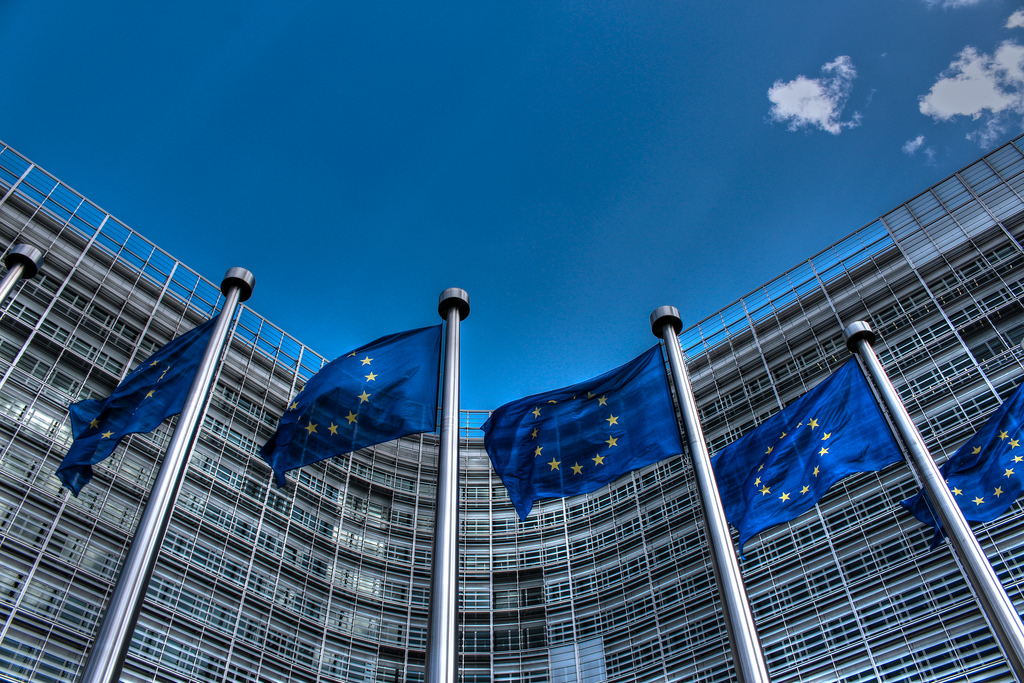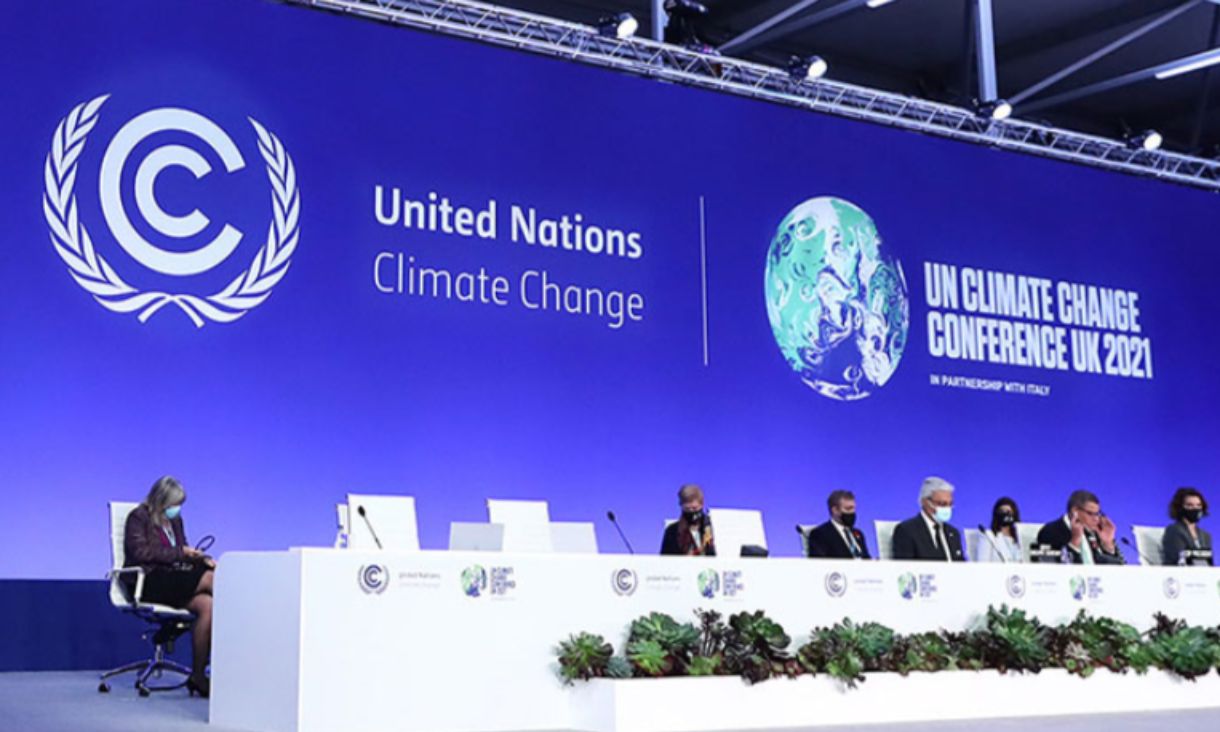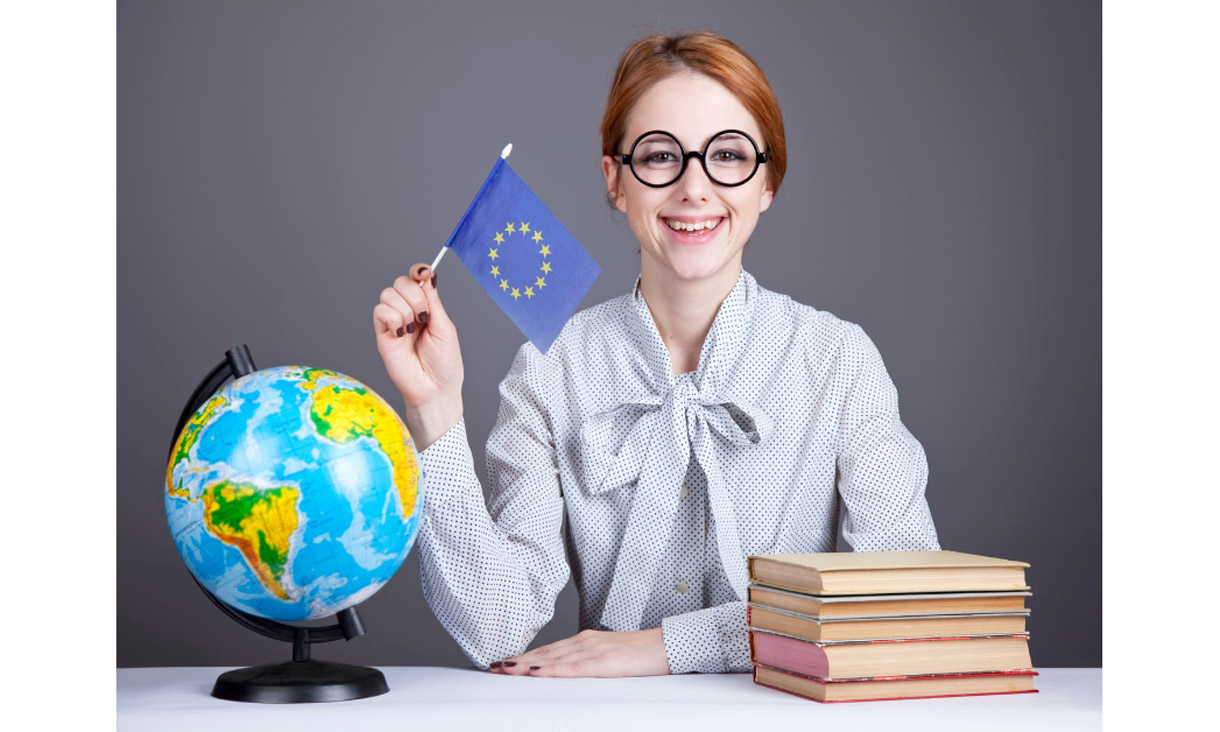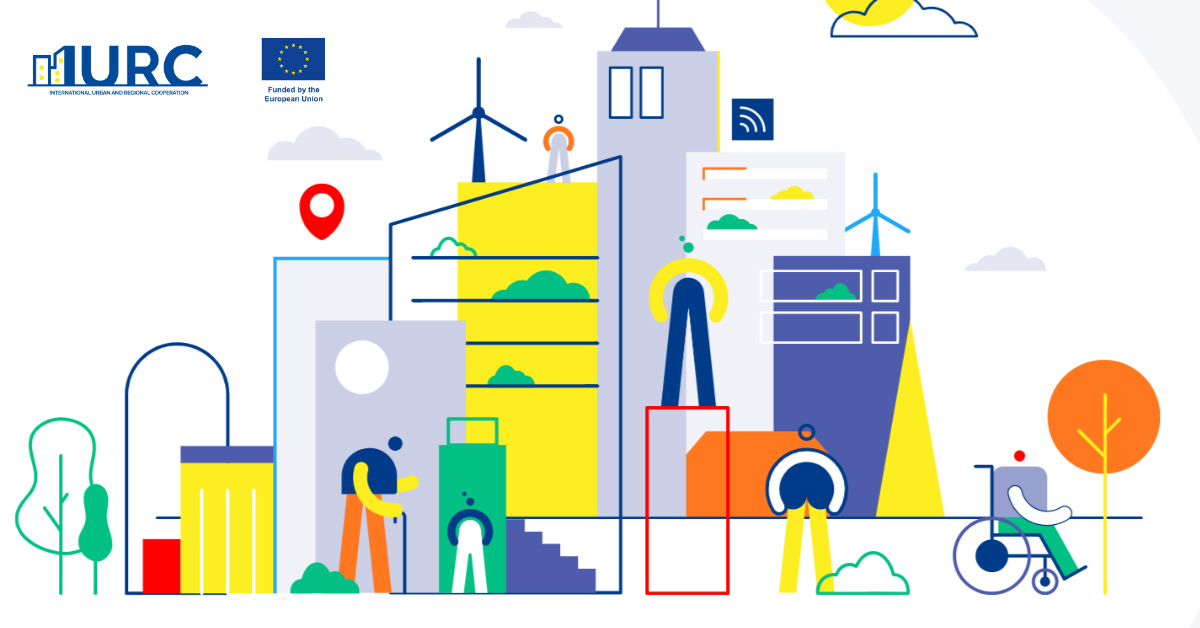The EC set out a new policy agenda for the next 10 years, in which Europe would take significant strides to become the first climate neutral continent by 2050. Essentially, the EGD is a strategy to turn “climate and environmental challenges into opportunities across all policy areas and making the transition just and inclusive for all”. The European Green Deal Investment Plan will increase funding for this transition to mobilize at least €1 trillion over the next decade, largely through re-purposed existing funds and Public-Private Investment (PPI).
The devastating impact of COVID-19 on the global economy has focused EU Member States’ attention on the economic implications of the EGD. However, there is a considerable divergence of views among Member States as to whether the deal should progress and be incorporated into the EU’s post-COVID-19 recovery plan, or whether it should be delayed or even scrapped.
A majority of EU Member States' climate and environment ministers have announced their support for maintaining the EGD as a central pillar of the EU economic recovery plan. In an open letter published on 9 April ministers from Austria, Denmark, Finland, Italy, Latvia, Luxembourg, the Netherlands, Portugal, Spain and Sweden urged Europe to be mindful of the challenges posed by climate change while designing the post-COVID-19 recovery plan. The original letter was quickly signed by ministers from Germany, France, Greece, Ireland, Slovakia, Slovenia, and Malta. The Netherlands has also published an Outline for an EU Green Recovery in response to the pandemic, declaring:
The economic response to COVID-19 can contribute to the transition to a future-oriented, climate neutral economy. Importantly, the EU should withstand the temptation of short-term solutions in response to the present.
German Chancellor Angela Merkel has echoed this view. Merkel sees the EGD as a positive means by which to stimulate economic growth while also delivering on the EU’s sustainable development agenda.
On the other hand, Member States such as Poland, the Czech Republic and Hungary have resisted entangling the EGD with economic recovery from the COVID-19 pandemic. Poland, the only Member State yet to commit to the EGD’s centrepiece target of reducing net emissions to zero by 2050, has voiced concern as to the financial feasibility of the plan, with Poland’s climate ministry stating that:
As a consequence of this crisis our economies will be weaker, companies will not have enough funds to invest, completion of some important energy projects may be delayed or even suspended.
Poland’s reticence to sign up the EGD can likely be attributed to its dependency on fossil fuel industries, in particular coal (of which it is the EU’s largest producer) and the significant expenses it faces in de-carbonising its economy.
Execution of a green revival will be a point of contention and debate in the coming months. Approaches differ between economically and technologically advantaged Member States, and poorer, disadvantaged states. Recently, the Netherlands announced that future projects utilizing the Investment Fund should have an “exclusion list” of economic activities, such as nuclear power, in a bid to prevent expenditure on potentially harmful objectives regarding the environment and climate. Conversely, the Polish Government has asked for an exemption in the EU carbon market, and to prioritize technologies proven to work.
While some form of Green revival is likely, its form as yet is unclear.
Bradley Davison and Campbell Hughes
References
The European Green Deal sets out how to make Europe the first climate-neutral continent by 2050, boosting the economy, improving people's health and quality of life, caring for nature, and leaving no one behind, 11 December 2019.
Davine Janssen, ‘Dutch spell out green ideas for EU recovery fund’, EURACTIV, 27 April 2020.
Frédéric Simon, ‘Poland warns of drying funds for clean energy projects’, EURACTIV, 28 April 2020.







